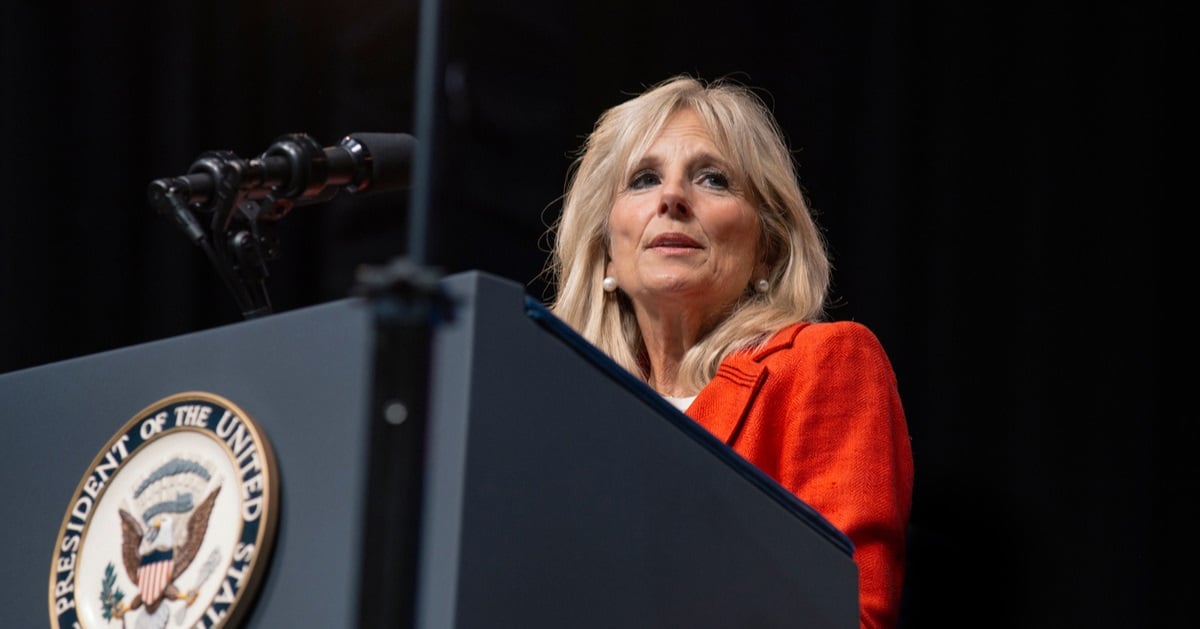
Gary Shapley was abruptly replaced as the acting commissioner of the Internal Revenue Service in a maneuver involving several high-profile figures and significant political intrigue.
The New York Post reported that the decision, influenced by Treasury Secretary Scott Bessent and under the weight of input from key advisor Elon Musk, shifts the temporary leadership of the IRS to Michael Faulkender as the administration awaits Senate confirmation for the position.
The leadership adjustment came after turbulence within the Treasury regarding administrative decisions and their far-reaching implications.
Shapley had stepped into the role of acting commissioner following the resignation of Melanie Krause, who left her position amid objections concerning the sharing of tax data with the Department of Homeland Security.
Krause's resignation set the stage for Shapley's appointment, though it was not without contention, as the decision reportedly sidelined Bessent, a move that attracted the attention of prominent figures within the administration.
Bessent's dissatisfaction with the manner of Shapley’s appointment, particularly referring to Musk’s role in advocating for Shapley's leadership, prompted a strategic response.
Musk’s agency, the Department of Government Efficiency (DOGE), had championed Shapley to head the IRS, advocating for leadership aligned with administrative reform goals. However, the tension escalated when Bessent sought the president's approval to replace Shapley with Faulkender, preferring a choice more directly vetted through traditional channels.
Elon Musk himself described Bessent as typical and pushed for alternative nominations, like Howard Lutnick, for roles within the Treasury, suggesting Lutnick would implement tangible changes.
The clash of opinions became a focal point not only for the parties involved but also within media circles, highlighting the broader debate over IRS leadership and reform paths.
The situation has captured significant interest, notably covered by major outlets such as the New York Times, detailing the cascade of decisions and reactions. The focus now shifts to awaiting the legislative process, with Billy Long, a past GOP congressman, positioned as the anticipated nominee, pending confirmation by the Senate.
Even as leadership dynamics shifted, Shapley retains a role within the Treasury as he continues as a senior advisor to Bessent. Shapley's advisory role is underscored by his involvement in ongoing examinations into IRS reforms, working closely alongside Joseph Ziegler.
His commitment to IRS transformation reflects the broader dialogue on necessary enduring changes within the agency.
Shapley is also recognized for his high-profile testimony regarding investigative conduct. His assertions about bias in the Justice Department’s examination of Hunter Biden further solidified his position in the public eye, raising questions about impartiality and process fairness in such critical investigations.
The tension surrounding Shapley’s testimony emphasizes the complex interplay between administrative functions and whistleblower disclosures. These complexities make the current restructuring within the IRS under Bessent's guidance even more significant, as it could reshape how such crucial tax oversight roles embody transparency and accountability.
Treasury Secretary Bessent's remarks highlighted his trust in Faulkender's capabilities, stating, “Trust must be restored to the IRS, and I am confident in Michael Faulkender's leadership at this pivotal time.” His firm backing of Faulkender suggests a strategic alignment with Treasury's broader vision for institutional reform and implementation.
Bessent also made explicit his continued reliance on Shapley's expertise, describing Shapley's contributions toward lasting reforms as vital.
Complementing this view, White House Press Secretary Karoline Leavitt praised the president’s team for their intense focus on critical issues, emphasizing the constructive nature of policy disagreements.
Leavitt's comments underline the administration's acceptance of diverse perspectives as intrinsic to a dynamic policy-making environment, a perspective crucial for navigating the shifts within the IRS.
As these transitions within the IRS unfold, the focus remains on how such changes symbolize not only shifts in personnel but also the continuing dialogue on reforming key federal institutions with an eye toward efficiency and integrity.



